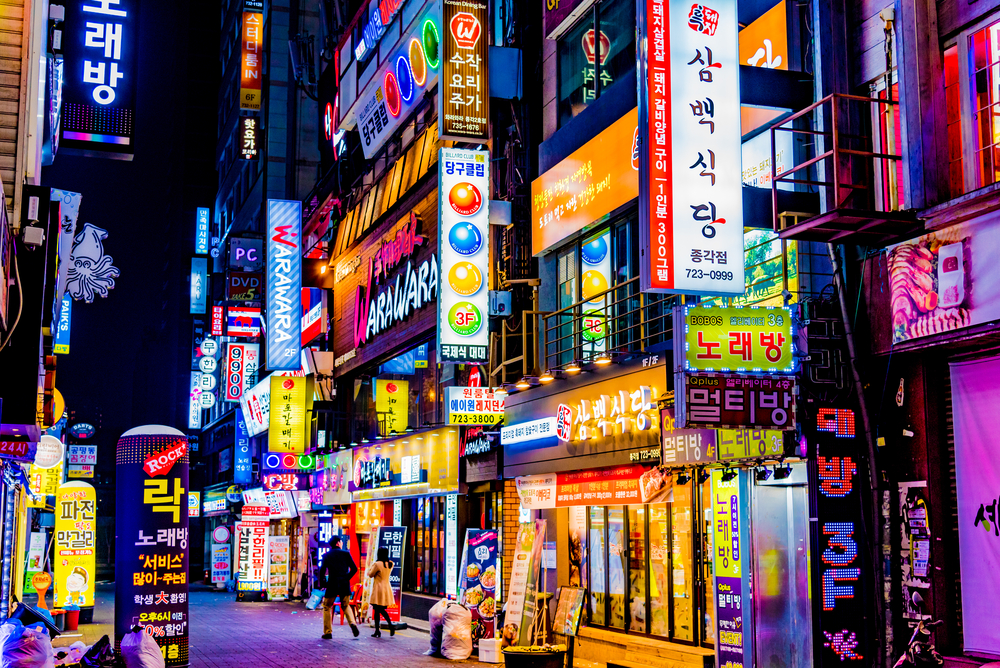Korean health and beauty retail plunge for first time in 2020
The pandemic caused 31 health and beauty stores to close, as consumers switch to online shopping

The number of prominent retailers’ beauty stores in South Korea plunged for the first time in 2020, as consumers shifted towards e-commerce during the pandemic, reported The Korea Herald.
As of December last year, South Korea’s three biggest health and beauty chains, Olive Young, lalavla, and LOHB’s, had a total of 1,484 outlets across the country, 31 stores down from a year earlier, based on data released on the electronic disclosure system of the Financial Supervisory Service.
Retail conglomerate CJ Group manages industry leader Olive Young, with Lotte Shopping Co. and GS Retail Co. running LOHB’s and lalavla, respectively.
Lotte Shopping said that the data published on their websites and business reports enabled them to calculate the number of health and beauty shops in Asia’s fourth-largest economy.
In their estimation, LOHB’s outlets dropped to 101 in 2020 from 129 in 2019 at a recent regulatory filing. GS Retail also disclosed that the number of lalavla stores shrank to 124 from 140 during the same period.
Last year’s plunge was a contrast from the steady increase in the past few years. In 2019, the number of such local shops increased to 1,515 from 1,488 in 2018, 1,358 in 2017, and 1,014 in 2016.
More: Vacancy rates of street shops in Hong Kong likely to stabilise
However, the pandemic has heavily affected these health and beauty chains, inducing consumers to switch to online platforms, leading brands to downsize in a turnaround from their intense competition to launch more outlets.
For instance, Olive Young’s online sales rose by 62 percent in 2020 from a year earlier.
Moreover, the drop in physical stores is also a result of domestic and foreign cosmetics makers increasingly collaborating with local portals to directly sell their products online.
Recommended
Why everyone is moving to Selangor and Johor: Malaysia’s real estate comeback
Malaysia’s upturn in fortunes is especially prevalent in secondary destinations such as Selangor and Johor
Penang’s silicon boom: How the US-China tech war is supercharging local real estate
Penang’s booming semiconductor industry has created ripples within the local real estate sector
New leader, new opportunities: How Hun Manet is shaking up Cambodia’s real estate game
Hun Manet is overseeing decent economic growth and widening access to the country’s real estate market for foreigners
Singapore embraces inclusive housing reforms amid resilient demand
The Lion City’s regulatory strength continues to exert appeal for international investors








